Cost Comparison: DIY EV Conversion Kits Vs. Professional Installation
By Sebastian Orellana
Updated Feb 17, 2024
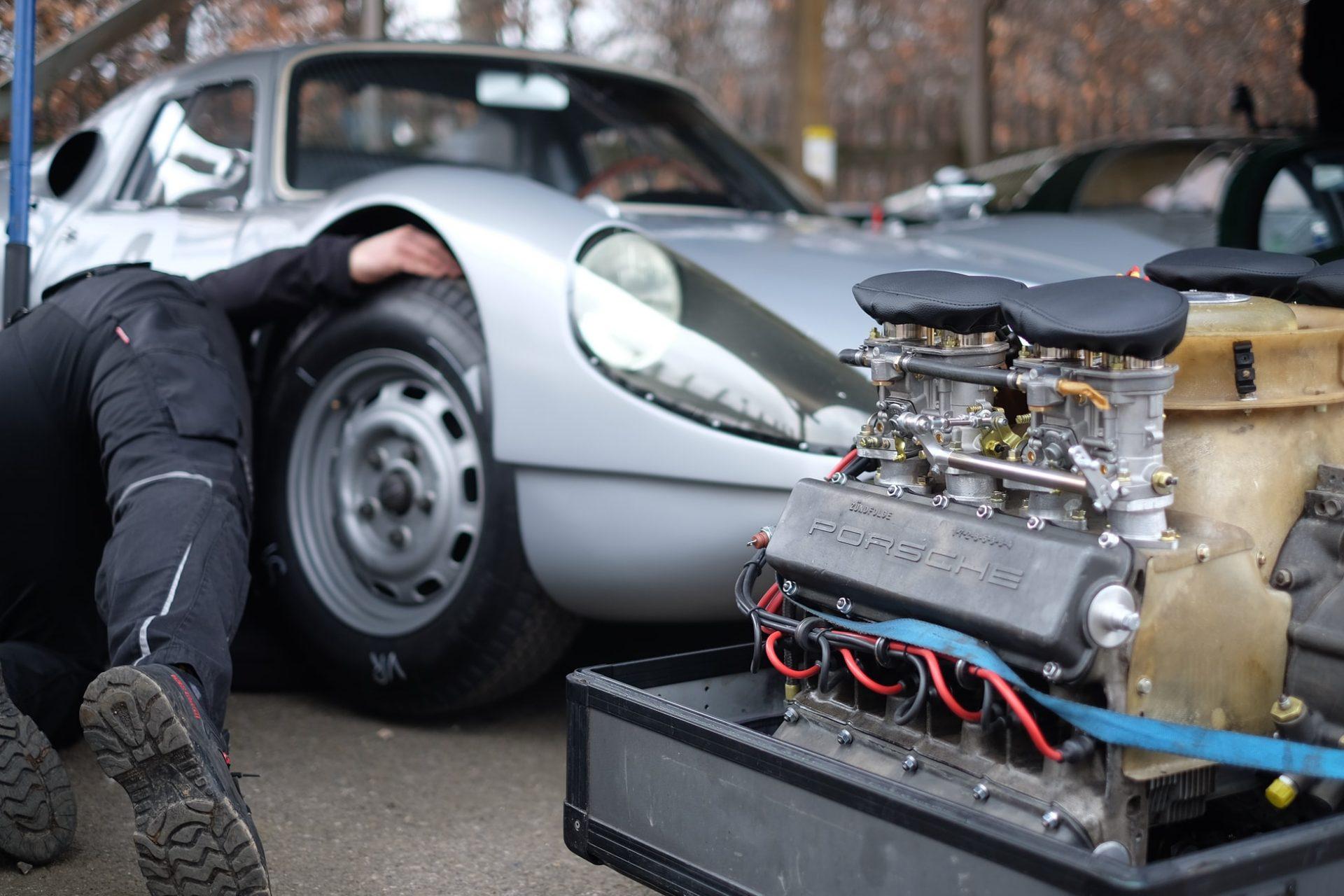
Electric vehicles (EVs) have taken center stage as a greener alternative to traditional gasoline-based cars, but what happens when you want to convert your existing vehicle? Do you use a do-it-yourself (DIY) EV conversion kit or opt for a professional EV installation? This article examines these two options in detail, breaking down their definitions, available types, and ease of use.
Table of Contents
Additionally, we delve into the costs involved in both DIY and professional conversions, provide a cost-benefit analysis, and look at the time investment required. Finally, we explore the factors to consider when choosing between a DIY or professional installation.
Whether you’re a die-hard DIY enthusiast or prefer to let the experts handle it, this article presents the essentials to make an informed decision. An Electric Vehicle (EV) Conversion kit is a specialized package put together, containing all the components necessary for transforming a fuel-powered vehicle to an electric-powered one.
This conversion kit generally includes an electric motor, controller, charger, battery pack, battery management system, throttle control, safety devices, wiring kit, and more. Transforming a fuel-powered vehicle to an electric one may be an ideal choice to reduce fuel dependency and lessen the carbon footprint. However, the conversion process requires a solid understanding of a vehicle’s mechanics and electrics.
In summary, choosing the right Electric Vehicle (EV) Conversion kit depends on numerous factors, such as the type of vehicle, the expected performance, technical skill level, and the budget. Therefore, thorough research is highly recommended before undertaking a conversion project.
READ: Can You Buy a Kit to Convert a Car to Electric?
Understanding Professional EV Installation
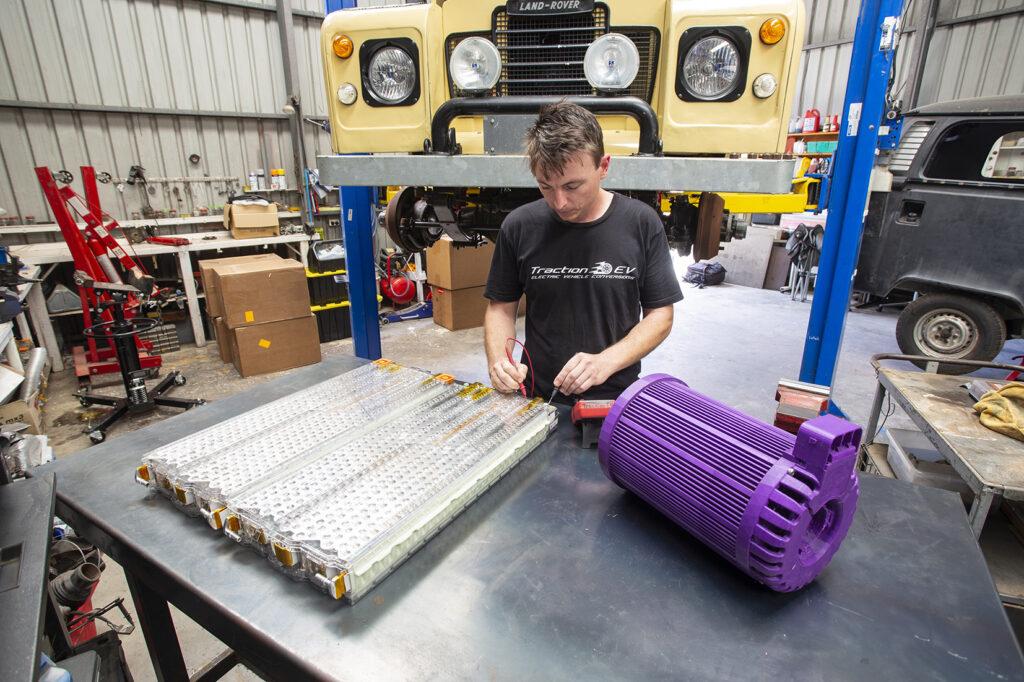
Electric Vehicle (EV) use is rapidly increasing due to technological advancements and environmental concerns. With the rise in popularity of EVs, there's also an increasing need for home charging stations; hence, the importance of understanding professional Electric Vehicle Supply Equipment (EVSE) installation.
Definition and Processes Involved in Professional EV Installation
Professional EV installation involves the setup of an Electric Vehicle Supply Equipment (EVSE) at a client's location using certified and trained technicians. The EVSE is more commonly known as a charging station and is necessary for recharging EVs. These are usually installed in a garage where the vehicle can be parked and charged.
The installation process involves various steps starting from site assessment to final commissioning. Initially, technicians assess the site and the existing electrical infrastructure. The aim is to check the compatibility of the home’s electrical system with the EVSE. The next step is to finalize the location of EVSE installation.
The technicians then install a separate electrical circuit from the main power supply to ensure an uninterrupted power supply to EVSE. The charging equipment is then mounted securely and connected to the power source using adequate wiring and conduits. A final inspection ensures that the setup complies with local codes and standards.
Types of Professional EV Installation Services
There are mainly two types of EV charging stations that professionals install: Level 1 and Level 2. Level 1 EVSEs use the standard household single-phase outlet of 120 volts. They are the simplest to install but offer the slowest charge speed.
On the other hand, Level 2 EVSEs require a 240-volt power supply, and they offer faster charge speeds. They necessitate the installation of a dedicated circuit. Installation of these charging stations requires professionals as the process involves dealing with high power levels, which can be dangerous if not handled correctly.
A third type is DC Fast Chargers, which are typically used for commercial applications rather than residential due to the high power needs and cost of installation.
Service Quality and Reliability of Professional EV Installation
The quality of service provided by professional EV installation providers can be judged based on their response time, expertise, customer reviews, and adherence to safety standards and regulations.
Reliable providers have certified electricians who understand the complex nature of EVSE installations. They can solve challenges that may arise during the installation process, whether related to wiring, placement of EVSE, or compatibility issues with the existing electrical system.
Professional EV installation service providers also ensure that the EVSE complies with local, state, and national codes and regulations. They also guide the client in understanding the operation and maintenance of the installed EVSE. This drastically reduces the risks associated with DIY installations and ensures optimal performance of the charging station.
In conclusion, professional EV installation services play a crucial role in promoting the use of EVs by providing safe and effective charging solutions. Their technical expertise and compliance with safety standards ensure the smooth operation of the installed EVSE. When contemplating a transition to a cleaner and more economical method of transportation, many people consider Electric Vehicles (EVs). If purchasing a new EV is out of your budget, converting your existing gasoline-fueled car into an EV using a Do-It-Yourself (DIY) EV Conversion Kit is a potential economical option. This section delves into the cost of such kits and discuss factors that can influence these prices.
READ: Understanding the Cost Breakdown of DIY EV Conversion
Pricing of Various DIY EV Conversion Kits
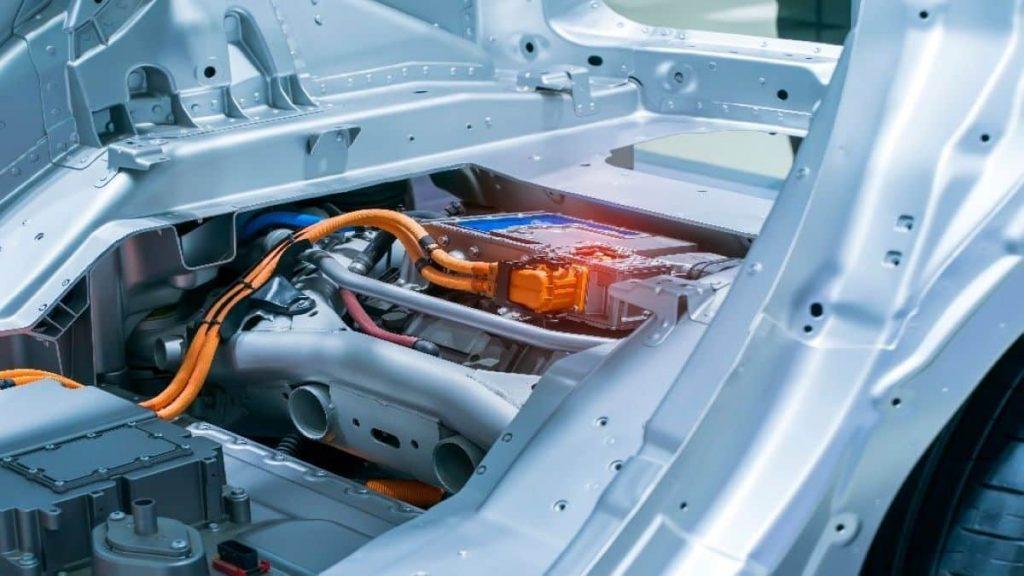
DIY EV Conversion Kits offer an economical approach to owning your dream EV. However, like all car-related decisions, it involves financial planning, as costs tend to differ depending on the components included.
In broad terms, the price of a DIY EV conversion kit can range from $1000 to more than $15,000. On the more budget-friendly end of the spectrum, a basic conversion kit can cost around $1000 to $2000. Such kits usually contain the essential components for the conversion process, including a motor, controller, and mounting hardware. But they may require additional details to complete the conversion fully.
As the price point increases, so do the components included within the kit. For instance, kits around the $3000 to $7000 mark might consist of cables, chargers, and instrumentation devices for a more sophisticated conversion.
The upper end of the scale, typically $10,000 upwards, offers premium kits with superior features such as powerful motors, onboard charging units, regenerative braking, and lithium-ion batteries for greater durability and range.
Factors Affecting the Cost of DIY EV Conversion Kits
Several factors can contribute to the cost variance of DIY EV Conversion Kits.
Firstly, the type of vehicle being converted plays a role - transforming a light, compact car might require less powerful (and thus less expensive) components than a heavy-duty pickup truck.
The range and speed desired from the converted EV also significantly influence the cost. If you need a higher top rate or more extended range, you’ll need a more powerful motor and larger battery pack, naturally leading to a more expensive conversion kit.
The quality and type of components included in the kit play a massive role too. For instance, lithium-ion batteries, offering high energy density and long life, are often more expensive than traditional lead-acid batteries. But they provide better range and durability. Similarly, advanced features such as regenerative braking and onboard charging also raise the overall cost of the kit.
Lastly, labor costs - whether you choose to do the conversion yourself or hire a professional - can significantly affect the overall cost. If you're mechanically inclined and have some free time, you can save considerably on labor costs. However, if you plan on hiring a professional, you should budget an additional $2000 to $4000 for their services.
Understanding these factors can help you choose a DIY EV Conversion Kit tailored to your budget and requirements, contributing to a smooth and successful conversion process. With the right planning and decision-making, driving your dream EV without breaking the bank is feasible. Electric vehicle (EV) charging stations are rapidly scaling up around the globe due to the surge in electric car purchases. Many homeowners also opt to establish charging points at their residences for convenience. While installing EV chargers might seem simple, the task requires professional skills for a safe and efficient setup. This brings us to the cost of professional EV installation.
Service Rates of Professional EV Installers
A significant part of the overall cost of installing an EV charging station is the service rates of professional installers. Typically, these rates differ based on location, the complexity of the task, and the professional's expertise.
Primarily, the service rates of professional EV installers depend on their service package. The package may include site inspection, charger installation, testing and validation, and sometimes post-installation services. It is essential to note that some professionals charge per hour for their services, while others establish a flat rate for the overall project.
Hourly rates can vary widely depending on your location and the expertise level of the installer. You can expect to pay between $65 to $85 per hour as an essential service charge. If the project requires running new electric lines or a more robust circuit breaker, the price may elevate due to the extra time and equipment involved.
On the other hand, flat rate charges usually factor in labor, materials, and potentially added services. While this approach gives you a more predictable total cost, it can sometimes be more expensive, particularly for smaller jobs.
Factors Affecting the Cost of Professional EV Installation
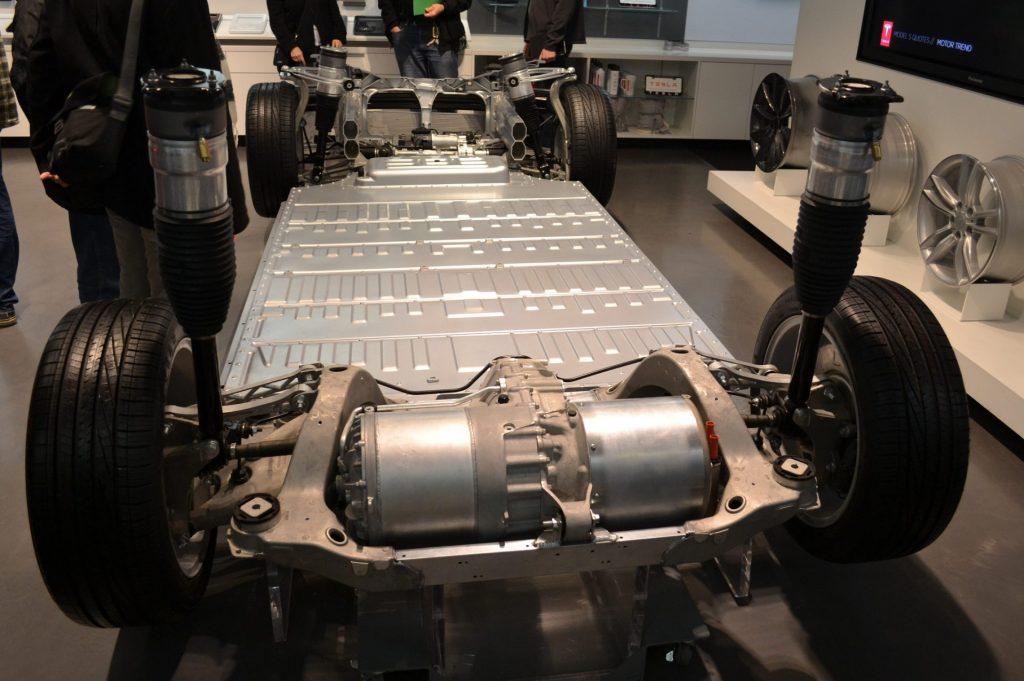
Beyond the cost of the professional installers themselves, several factors can influence the overall cost of EV charging station installation. Understanding these variables can provide a clearer picture of the potential financial commitment involved in this project.
One of these factors is the type of EV charger. Level 1 chargers, which can be plugged into a standard electrical outlet, are the cheapest option because they require little to no installation. Level 2 chargers, on the other hand, require dedicated 240-volt circuits and thus involve more extensive work to install, making them more expensive. DC fast chargers are the most expensive option due to their high power requirements and complex installation process.
The home's electrical capacity may also influence the cost. Older homes or those with limited electrical power may need a panel upgrade to install an EV charger, which carries additional costs. This is often a significant factor to consider, as an electrical upgrade can be quite expensive depending on the specifics of the home and local regulations.
Lastly, local permits and inspections can also affect costs. Depending on local regulations, additional permits might be required to install an EV charging station, adding to the total price. Moreover, post-installation inspections might incur added fees.
Remember, while the initial cost may seem substantial, the convenience and savings in running costs over time often justify the expense associated with the professional installation of an EV charging station at your home.
Cost-Benefit Analysis
A cost-benefit analysis is a financial decision-making tool used to understand the strengths and weaknesses of different alternatives. It allows an individual or organization to compare potential projects or investments and assess the most cost-effective. A cost-benefit analysis can save time, effort, and financial resources by guiding actions toward the economic benefits of a project.
In this section, we will consider the cost-benefit analysis of two options related to electric vehicles (EVs). The first is using a Do-It-Yourself (DIY) electric vehicle conversion kit, and the second is opting for professional EV installation.
Financial Pros and Cons of Using a DIY EV Conversion Kit
Using a DIY EV conversion kit has its monetary advantages and disadvantages. On the plus side, the most noticeable benefit is the reduced cost. Purchasing a kit and converting a traditional vehicle into an electric one provide considerable savings compared to purchasing a new one.
Moreover, maintaining an EV via a DIY kit often costs less since the owner is responsible for servicing the vehicle. This way, the vehicle owner can avoid expensive mechanic bills and the costs associated with regularly replacing parts.
On the downside, though the upfront cost seems less, the hidden costs of time and effort, potential mishaps, lower quality parts, and possible insurance rate increases should not be ignored. Also, this option requires good skills in mechanics and electronics—the basic knowledge of how a car and its systems work can be essential for conversion. You will also need enough free time to devote to the project, which can be very time-consuming.
Financial Pros and Cons of Opting for Professional EV Installation
Opting for a professional EV installation may seem like a hefty initial investment, but the long-term economic and environmental benefits will outweigh the initial costs.
From a financial standpoint, professional EV installation ensures high-quality parts, prolonging the vehicle's lifespan and avoiding frequent repairs. The workmanship provided by experienced professionals also enhances the vehicle’s value.
Moreover, professionally installed EVs are mass-produced, meaning they are subjected to vigorous testing and safety standards, instilling confidence in them. This way, it can have a drastic impact on insurance rates.
However, the downside is that the initial cost can be relatively higher than purchasing a traditional vehicle. Some people might find it challenging to raise money for a professional installation. Additional costs may include any leasing or finance charges if the car is not bought outright.
Maintenance costs might also surge as professional installations require specialist technicians to conduct regular checks and repairs, which can be quite expensive.
In conclusion, while DIY EV conversion kits and professional EV installations have pros and cons, a cost-benefit analysis can aid decision-making by balancing these pros and cons against each other. One has to weigh not just the upfront cost but the time investment, expertise required, future repair costs, and potential insurance rate changes in choosing the more cost-effective option. Anyone interested in switching to an electric vehicle should carefully consider these aspects before deciding the best path.
Time Investment: DIY Versus Professional Installation
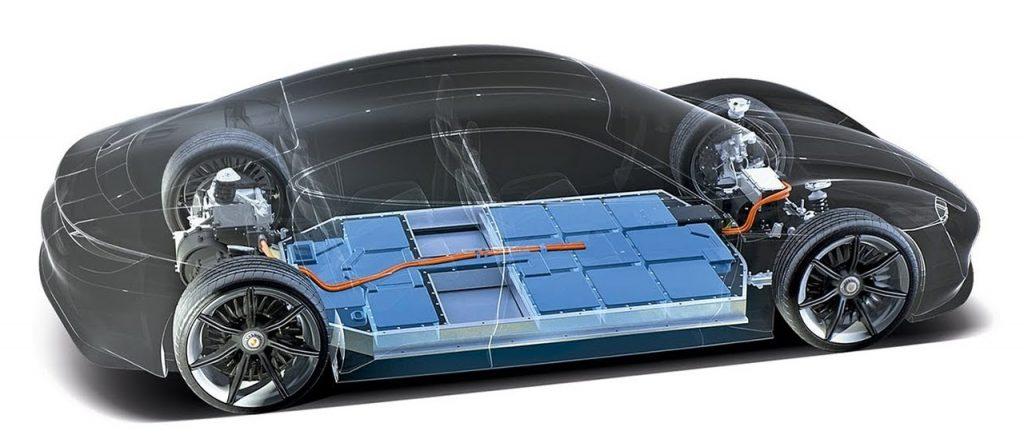
When transitioning from traditional gas-powered vehicles to more sustainable electric vehicles, one critical decision is the installation process. The two primary options prospective converters have to choose from the review are doing it yourself (DIY) or hiring a professional installer. Here, we explore the time investments involved in both options.
Time Required for DIY Installation of EV Conversion Kits
The 'Do It Yourself' option calls for carefully evaluating your technical abilities, competence, and commitment level in undertaking a task involving some intricacy and complexity. DIY installation might be ideal if you're a car enthusiast with a knack for mechanical tasks or simply looking for a unique project. However, it is worth noting that the time involved in the process varies greatly.
Firstly, a lot of time is spent on the pre-conversion steps. This involves researching and purchasing an EV conversion kit that suits your vehicle, familiarizing yourself with your vehicle's technical specifications and how each part functions, and obtaining any necessary tools and equipment. This initial stage can take several hours to a few days, especially if you do not have prior automotive experience.
Once all materials are in order, the actual conversion process may begin. Depending on your technical expertise and the complexity of your vehicle, the installation process can range from a few days to several weeks. This involves removing the internal combustion engine and any gas-related components, installing the electric motor, connecting various parts, and testing the newly converted vehicle for safety and functionality.
The timeframe can also vary depending on the kit itself and how it's manufactured. The simpler kits are designed for easy installation and may require minimal technical skills, thus less time and stress. On the other hand, complex kits with advanced features may require a longer period and a higher level of expertise.
Time Taken for Professional EV Installation
If DIY doesn't align with your skills or schedule, opting for a professional installation might be a better choice. By bringing your vehicle and purchased kit to a reputable automotive technician or company specializing in EV conversions, you save the time and effort of learning and doing the job yourself.
However, you might wonder, how long does it take for professionals to convert a vehicle? The exact timing can vary based on the conversion kit and the vehicle being converted, but a professional install typically ranges from one week to a month.
The key advantage is that professional installers have vast experience and specialized skills to handle any issues or complications that may arise during the installation process, saving considerable time. Moreover, they provide a warranty for their work, ensuring that any problems after the conversion will be handled at no additional cost.
While it may require more investment from your pocket, a professional install can save you months of study and work and ensure the job is done safely and correctly.
In sum, both DIY and professional installation have pros and cons regarding time investment. It's essential to gauge your skills, preferences, budget, and timeline to help make an informed decision.
Choice Factors: DIY EV Conversion Kit or Professional EV Installation
Since the advent of electric vehicles (EVs), many automotive enthusiasts have been drawn into the field, enticed by the potential benefits of electric propulsion. However, as the market continues to expand and diversify, so does the wealth of options for potential buyers. Principally, two ways to own an electric vehicle are to buy a factory-built model or convert a traditional gasoline-powered vehicle with an aftermarket EV conversion kit. For those considering the latter, there is another decision to be made: whether to install the kit yourself or hire a professional to do it for you.
Factors to Consider when Choosing Between DIY and Professional Installation
Choosing between a DIY and a professional installation can depend on various factors. One of the main considerations, of course, is cost. A DIY conversion kit can range from a few thousand dollars to more than tens of thousands, depending on the quality, power, and range of the kit you choose. Professional installation, on the other hand, can also be costly. Still, it comes with the advantage of a skilled technician doing the work, potentially saving time and mitigating the risk of errors.
Furthermore, you would need to assess your technical knowledge and mechanical skills. DIY conversion kits require a certain level of technical expertise to install and troubleshoot any potential issues that may arise down the line. On the other hand, professional installers are typically well-versed in these issues and can confidently guide you through the process.
Finally, consider the time commitment. DIY conversions can take anywhere from a couple of weekends to many months, depending on the complexity of the project and your level of expertise. Professional installations, meanwhile, typically take less time, as the technicians work on these projects full-time.
Personal Considerations: Skill Level, Time, Patience, etc.
When determining whether to tackle a DIY EV conversion or hire professional, personal factors such as your skill level, available time, and patience will strongly influence your decision. The more proficient you are with cars and their mechanics, the less daunting undertaking a conversion will seem. If cars and how they function are somewhat of a mystery to you, you might want to consider leaving it to the professionals.
Patience is another key factor. Converting a traditional car into an EV takes time, a lot of persistence, and the ability to work through unexpected issues. For those who enjoy working on projects and seeing them through to completion, this could be a rewarding experience. Alternatively, hiring a professional would be a better option if you lack the patience and time to invest in such a project and want more immediate gratification.
READ: How Long Can Electric Car Idle With The Heat Turned On
External Considerations: Installer Expertise, Quality Guarantee, etc.
When deciding between DIY and professional installation, always consider the installer's expertise, skills, and experience. This is especially important if you choose to go with a professional service, as the overall quality of the installation will significantly influence the performance and longevity of your EV. Be sure to research and compare various installation services, checking for their credentials, customer reviews, and before-and-after project photos.
Another important factor is the guarantee or warranty offered. DIY kits may come with a warranty, but it typically only covers the parts, not the installation. On the other hand, professional installers often provide a warranty covering parts and labor. This could save you a lot of money in the long run if there are any issues with the installation itself.
Making the right choice depends on a thoughtful consideration of these various factors, alongside an honest assessment of your abilities, preferences, and constraints. Whether you decide to go the DIY route or hire a professional, an electric vehicle conversion can be a rewarding endeavor that allows you to experience the benefits of electric driving while potentially saving money and helping the environment.
